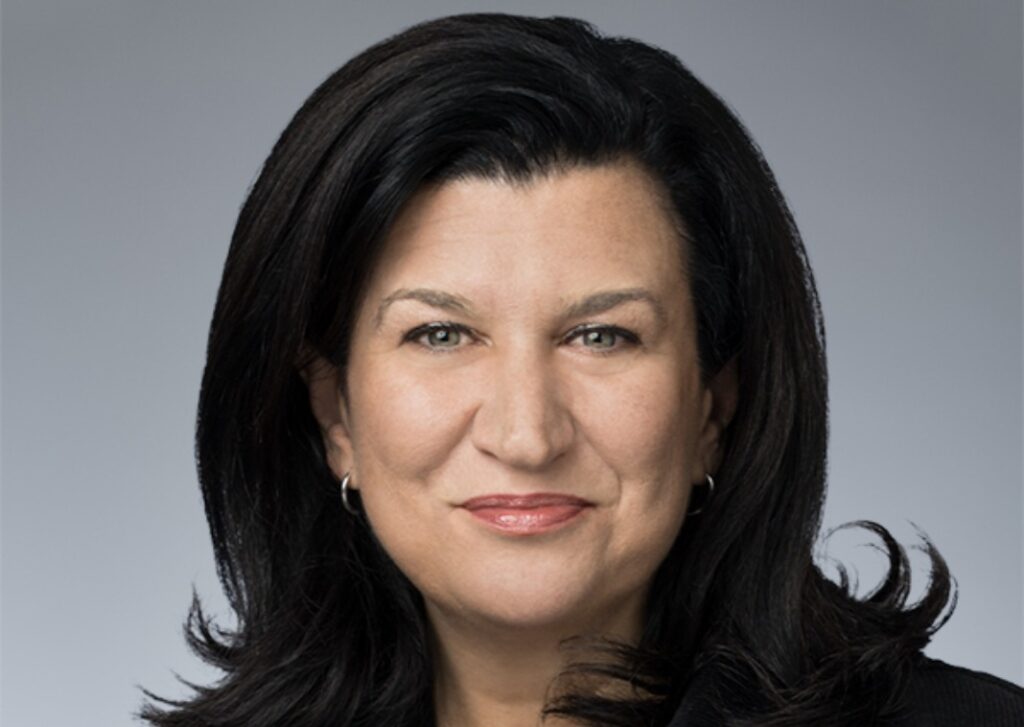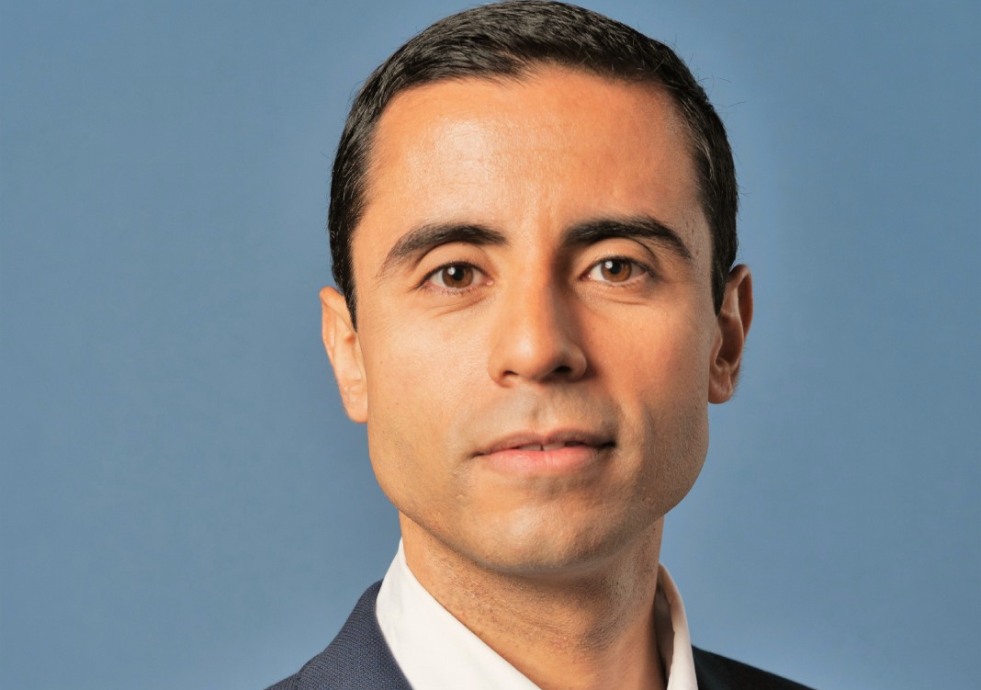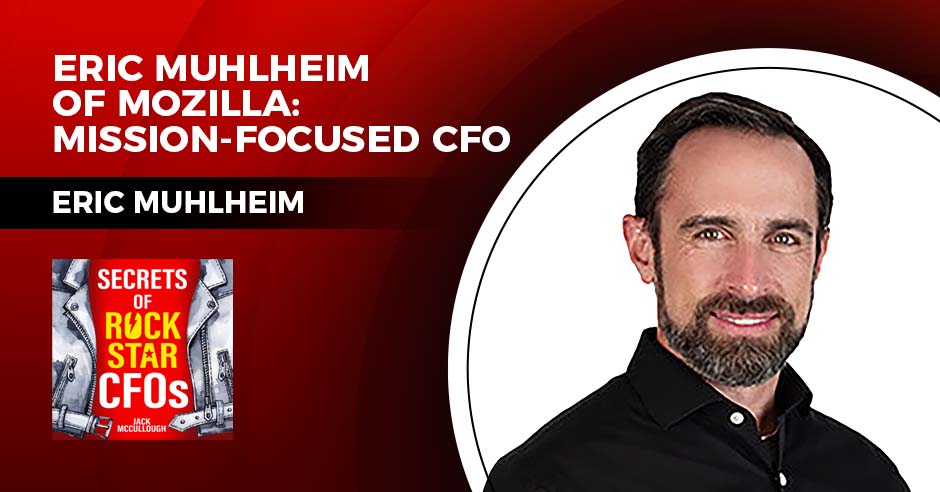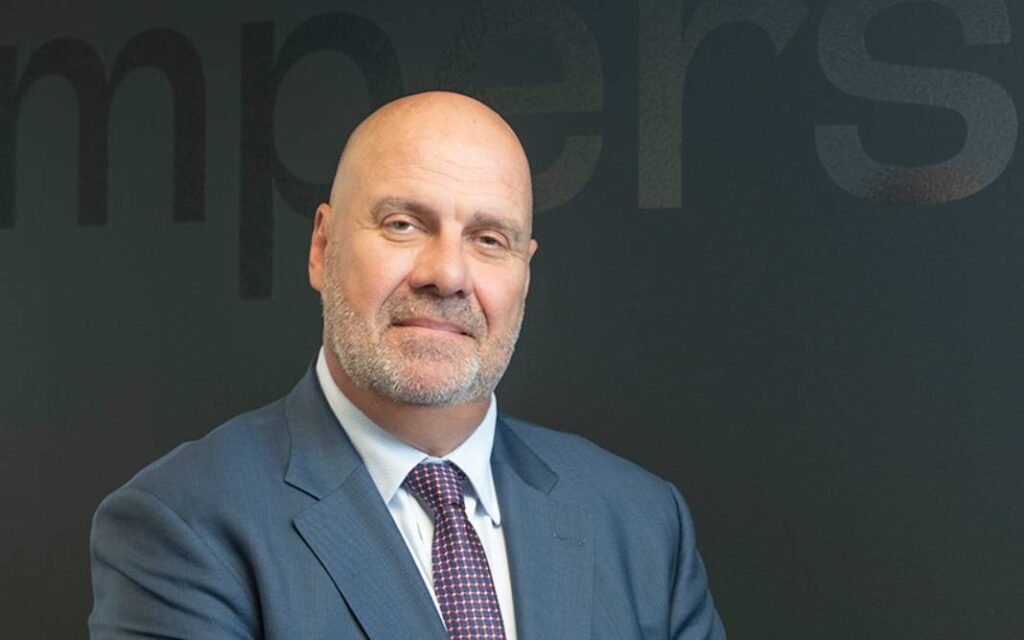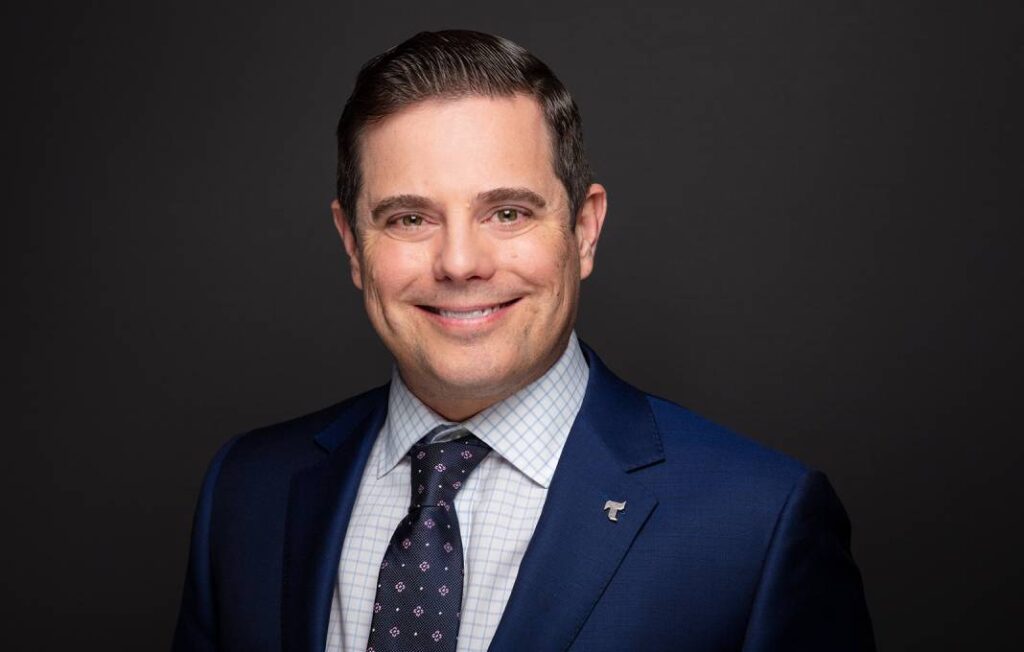In startups, founders typically have to wear many hats, and that’s the case for Mark Flint, co-founder and CEO of The Escape Game, who also oversees the finance function of the fast-growing entertainment company based in Nashville.
The Escape Game’s offering is pretty innovative: a live 60-minute “adventure” that people participate in, either within stores at malls and other locations in many of the country’s large metropolitan areas, or online. Families, friends, couples and corporate groups choose from various game themes—from a 1950s prison to deep space, or even a classic art heist—then team up to follow clues, solve puzzles and complete their “mission” in under 60 minutes.
Flint shares what it’s been like to wear so many hats, including that of the unofficial CFO, for an expanding startup, how TEG weathered the pandemic and came out much stronger—and the most important thing a company can do during a crisis.
How did you maintain financial stability during the pandemic?
There is no other way to put it—we were scrappy. The Escape Game, or TEG, has always focused on the guest experience and made sound long-term financial decisions. During the pandemic, we were forced to watch cash daily and think about the “now.”
However, the one thing we wouldn’t compromise was our culture and exceptional guest experiences. We also leveraged our “creativity value,” moving on ideas very quickly, in order to maintain financial stability. For example, we had our production team manufacturing face shields for healthcare within days of the shutdowns. We also launched our digital experiences very early on, which allowed us to quickly establish market share and add a new revenue stream.
How did you recruit and retain talent?
TEG was able to fully staff each retail location and run full operating schedules throughout the pandemic—we were only closed for regulatory shutdowns and have never closed for being understaffed. TEG was able to be successful in this area for two main reasons: one, we were prepared, having built a strong company culture and leadership pipeline, and two, the leadership team led from the front.
TEG leaned heavily on its incredibly strong culture and a formal internal leadership program, both led by co-founder and COO James Murrell. More than 90 percent of our leaders are developed in-house, which has been a competitive advantage as other companies scramble to staff as we move into a post-pandemic reality.
Our leadership team also made significant sacrifices to protect our team early on. Before government assistance arrived, co-founders Jonathan and James Murrell and I took the biggest pay cut of the team and personally established a fund to help our team members who were financially struggling during the pandemic. This was the least we could do given the sacrifices our team was making. When we received the go-ahead in each market to open our retail stores, we were ready to go.
How have you seen your business grow over the last year?
TEG thrived during the pandemic and had its best year ever in 2021, with revenue up by 73 percent and earnings up 164 percent, compared to 2019. In May 2020, we launched digital experiences, which was very successful during the toughest parts of the pandemic, and it continues to be an exciting business segment for TEG.
What advice can you give future CFOs when shifting a business during a major crisis, like a pandemic?
On March 17, 2020, TEG was forced to close all our retail locations. I met with my co-founders and the rest of our leadership team, and we knew our backs were against the wall. We decided that we would look at the pandemic not as a storm to weather, but as an opportunity to take ground. We asked ourselves, “Why can’t this be the best thing that ever happened to The Escape Game?” It didn’t make sense given the circumstances, but the results were more than we could even ask or imagine.
Our team quickly started looking for opportunities to find ways to exceed our pre-pandemic plans. My advice to future executives would include the obvious: watch cash closely, be scrappy and engaged, and protect your culture at all costs. But most importantly, look at the crisis through the lenses of creativity and opportunity, and there may be untapped success at the end of the tunnel.




